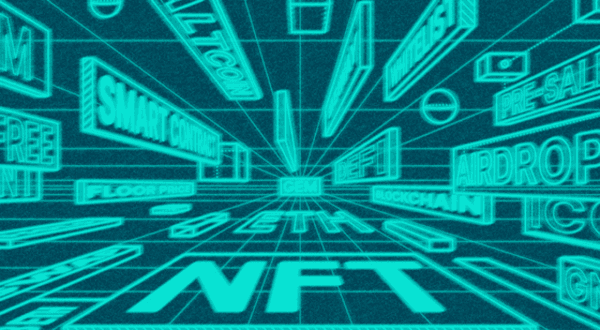The Emerging Field of Decentralized Science
In light of the rapid technological advancements, particularly in artificial intelligence and distributed ledger technology (DLT), the need to address the pain points of traditional science is urgent.
Dr. Lukas Weidner

Molecule team member published in Frontiers in Blockchain
In light of the rapid technological advancements of our time, particularly in artificial intelligence and distributed ledger technology (DLT) such as blockchain, the need to address the pain points of traditional science is becoming increasingly urgent. One of the most significant criticisms is the centralization of funding and knowledge, often exemplified by new publications and research locked behind the paywalls. However, what if there was a way to change this? A way to break down these barriers and open the field to a more inclusive, transparent, and collaborative approach?
For us at Molecule, and for many others in the community, Decentralized Science (DeSci) represents a revolutionary way to tackle these challenges and change science for the better. By utilizing key technological advancements created by blockchain technology, such as NFTs, fungible tokens, and DAOs, DeSci could be exactly the transformative new way of conducting science that we have all been waiting for. However, as with any new paradigm, the success of DeSci requires a clear understanding of what it is about.
As a long-time crypto enthusiast with a background in medicine and biology, DeSci has quickly become my primary focus of interest. The potential to accelerate scientific progress and improve the translation of research into practical applications has sparked my interest. However, as a researcher, I noticed that DeSci, as an emerging field, lacks the foundational research necessary to establish common ground in discussions within both academia and the broader community. To address this gap, I conducted research recently published in Frontiers in Blockchain. This post provides a brief summary of my publication, which you can read in full here.
Defining Decentralized Science
Up until now, the following definition from the Ethereum Foundation has been widely used:
“Decentralized science (DeSci) is a movement that aims to build public infrastructure for funding, creating, reviewing, crediting, storing, and disseminating scientific knowledge fairly and equitably using the Web3 stack.”
Although this definition has served the community well, it may no longer fully capture the latest advancements in DeSci. Moreover, it suffers from inconsistencies in defining Web3 and the ‘Web3 stack.’ Therefore, a new definition was proposed based on an extensive literature review and expert survey:
Related Posts

Inside Molecule's Biggest Technical Evolution
Exploring the design decisions, new capabilities, and technical shifts powering Molecule's most transformative release to date.

Science IP Tokens /acc
Molecule’s original Science IP Token framework introduced a new primitive for science – a governance token linked directly to scientific IP.

The Genesis of Molecule’s AI Systems: Introducing MIRA
Molecule Insights Research Assistant (MIRA) will serve as the critical foundation to an AI-forward future at Molecule.

